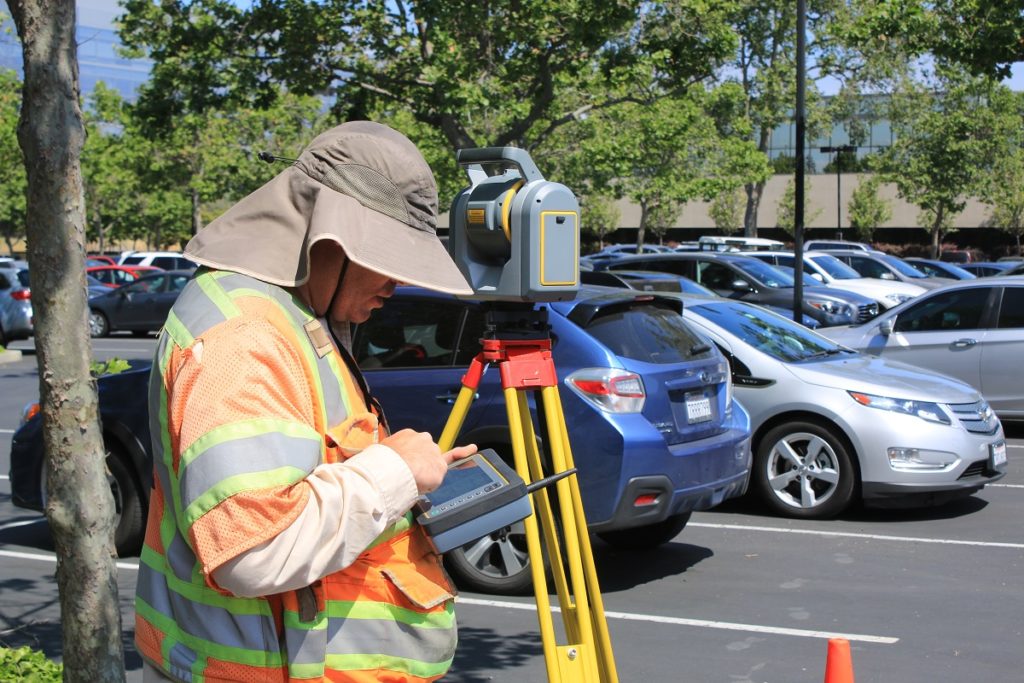Knowing your property’s layout, legal boundaries, and accompanying features is pertinent in many ways, whether your property is off the market or not. Provided entirely by a land survey, such information comes in handy during disputes, sale, and development. Hence, before you seek a land surveyor, read up for some helpful facts and tips when hiring.
Why You Need One
Primarily, you need a land survey if you want to:
1. Resolve disputes. It is common to have some issues with regard to land boundaries. Land surveys help in determining the legal physical limits of one’s property. The measurements done in surveys are enough information to quell any disagreements between two parties. Usually, issues arise when a neighbor puts up a fence or erect any structure near or around boundaries.
2. Determine your property’s price. Useful when you put your property for sale, a land survey simply gives you your property’s total area. With this, you can use it to advertise a sale, and most especially, calculate the price and negotiate with potential buyers. For buyers, they check plot sizes to see if the advertised information is consistent with the actual size. Any disparity may lead to some correction or price negotiation.
3. Make developments. For construction purposes, a land survey is highly required (at least in most states). Any structure built on a property needs geodetic and environmental facts to ensure the owner is building such structure correctly and legally. Builders and engineers would need every amount of information pertaining to geometry and topography of a property.
What to Look for When Hiring
Surveys help identify easements, property restrictions, and key geographic features—if the property is in a floodplain or biohazardous area, for instance. They also provide a summary of descriptions in aid of the property deed. When hiring a surveyor, be sure you get all the above information, including other important details. To get the best surveyor:

1. Look for experts. Recommendations from people you know or those who have had a survey in the past are extremely helpful in finding a reputable surveyor. Your real estate lawyer or agent can definitely provide leads. Also, look for surveyor that holds a state license. The National Society of Professional Surveyors lists current members on their website, so be sure to check it out.
2. Scrutinize their experience. If you already have a pool of potential surveyors on your list, your interview must focus on experience that is particular to what you need. Ask about similar projects they have made. Request for references. Ask them of what your project may require as well as the project time-frame.
3. Talk to previous clients. The references you asked from your pool of surveyors will give you an idea of a surveyor’s attitude and workmanship. It will also reveal their zeal for quality work. Ask the references about how the surveyor worked with them or if they were satisfied with the job done.
Normally, a land survey may cost you at least $200, with some reaching as high as $1,000 or more, depending on your property’s features. The price is not that expensive, so it would be hard to know if quality service commensurate with the price. However, if you select the right surveyor, from good research, given your specific need, you can never go wrong.

